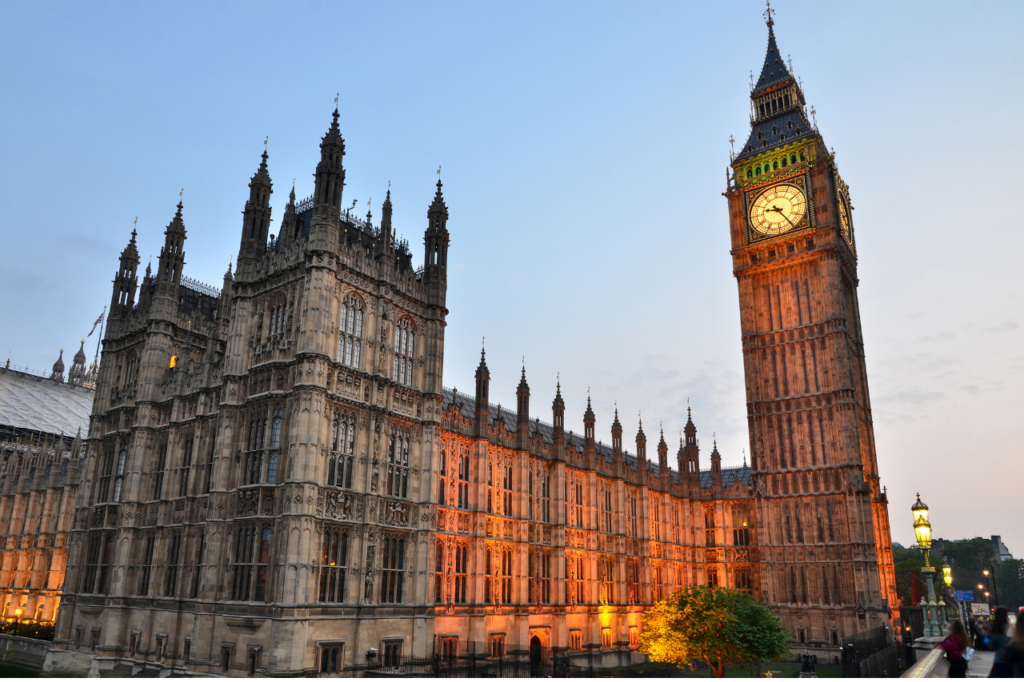As an attorney, your main goal is to look after the best interests of the person you are making decisions for. But even if you’re giving a gift on someone’s behalf with the very best of intentions, there are strict limits that attorneys must be aware of and adhere to.
 In this article, Michael Neal Brook, associate in Lodders’ Private Client team, explains what these gift-giving limitations are and highlights what people with Lasting Powers of Attorney (LPA) should do to prevent the risk of inadvertently misusing the powers of attorney.
In this article, Michael Neal Brook, associate in Lodders’ Private Client team, explains what these gift-giving limitations are and highlights what people with Lasting Powers of Attorney (LPA) should do to prevent the risk of inadvertently misusing the powers of attorney.
Can attorneys make gifts under an LPA?
A health and welfare LPA gives attorneys the power to make decisions on behalf of the person you are looking after (known as the donor) regarding their routine, such as washing, dressing, eating, and their medical care. A property and financial affairs LPA gives you the power to make decisions about the money and property of the donor. This includes managing their bank or building society accounts, paying bills, collecting their pension or benefits and, if necessary, selling their home. This type of LPA can also include giving gifts on the donor’s behalf.
What counts as a gift?
The scope of what qualifies as a gift is often broader than people may realise. As an attorney, giving gifts encompasses:
- Using donor’s money to purchase something for another person, including yourself, on occasions such as birthdays or other ‘customary occasions’
- Transferring the donor’s money or belongings to another individual
- Making donations to charitable organisations
- Covering someone’s school or university fees using the donor’s funds
- Residing rent-free or at a ‘friends and family’ rate in a property owned by the donor
- Selling the donor’s home to someone at a value below the market rate
- Establishing a trust for someone using the donor’s assets
- Providing someone with an interest-free loan from the donor’s funds (where the ‘lost’ interest is considered a gift)
- Writing off an existing loan or agreeing favourable terms
Mental capacity and gift giving: key points
Ultimately, a person should decide whether they want to give a gift themselves, for as long as they have the mental capacity to do so.
To have capacity, section 3 of the Mental Capacity Act 2005 states that the donor must be able to:
- Understand the information relevant to the decision
- Retain that information (hold on to it in their mind)
- Weigh up or use that information
- Communicate their decision
In your role as attorney, it is prudent to consult a medical professional or arrange a mental capacity assessment for the donor if there is any uncertainty about their ability to make decisions. It is also important to document the steps you have taken to ensure their capacity; the Office of the Public Guardian (OPG) may ask you at any stage to explain your decision, or others could challenge you later down the line.
Giving gifts on behalf of someone else
The general rule for attorneys acting under a registered property and financial affairs LPA is that you must not give gifts from the donor’s estate, aside from where a gift is given on a customary occasion (such as a birthday or wedding), and must be to either someone related or connected to the donor or for a charity they might have supported.
Vitally, the gift must also be of reasonable value and in the donor’s best interests. While the OPG does not give precise guidance on what constitutes as ‘reasonable’ here, you should consider whether the gift is proportionate to the size of the person’s estate, and how it might impact the person’s interests now and in the future.
Any other types of gift, including the making of gifts for tax planning purposes, require consent from the Court of Protection. Gifts of a high value, such as property, will almost certainly be outside of your powers as an attorney. Even if the donor expressed their wishes to you regarding any larger assets when they had the capacity, you must still apply to the Court of Protection for permission in most cases.
Because the idea of ‘best interests’ isn’t necessarily clear in the LPA document, we often see attorney’s get inadvertently caught out in this area. Phrases like “but they told me they wanted [x person] to have this” or “they said it would be ok” cannot be relied upon alone, and may result in you being removed as attorney. In most circumstances, it is sensible to get legal advice and generally the costs for this can be met from the donor’s funds.
Can you accept a gift yourself as an attorney?
As an Attorney, it is stipulated that you must always act in the best interests of the donor, and that both yourself and those connected to you cannot benefit from your appointment. This requirement ultimately affects whether you can personally accept gifts.
If you do accept a gift for yourself, the Court of Protection will look carefully at whether the person had capacity and may decide you went beyond your authority.
No matter your relationship with the donor, you should always wear your ‘attorney hat’ when doing anything under a power of attorney to ensure you are adhering to the rules around gift giving. We’d always recommend reviewing potential gifts (no matter how small) with a solicitor to prevent the risk of the accidental misuse of the power of attorney or suggestions that you are abusing the role.
Legal advice for attorneys and deputies
Lodders provides uncomplicated advice and guidance to attorneys and deputies who are making decisions for a person who lacks mental capacity. We can clarify the duties and responsibilities that apply and assist with the preparation and submission of accounts to the Office of the Public Guardian and applications to the Court of Protection.
We can also assist if you have concerns about decisions that are being taken by an attorney or deputy. For more information, please get in touch.
Contact usContact us
Need more advice?
For help with a legal problem or more information on any of our services at Lodders, please get in touch with our friendly team. You can contact us via the number or email address below, or fill in the form and we will get back to you as quickly as we can.

Contact a member of the team
Read more
Other news, insights and events







